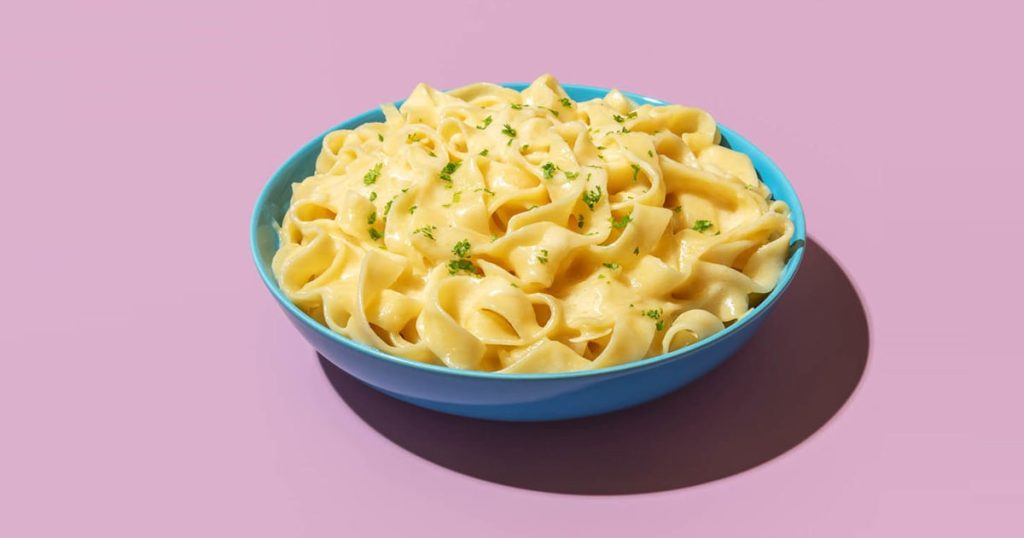Dietitians are encouraging people to stop feeling guilty about eating pasta because it has many benefits. Pasta is a staple in cuisines worldwide and is versatile, affordable, and delicious. It can be a great way to incorporate vegetables into a meal and can be easily meal prepped to enjoy throughout the week. Whether you prefer simple spaghetti and meatballs or more complex pasta dishes, there are numerous reasons to include pasta in your healthy eating plan.
All types of pasta provide valuable nutrients such as carbohydrates, fiber, protein, vitamins, and minerals. Refined pasta is commonly enriched with B vitamins and iron, making it a nutrient-rich option. Whole grain pasta is made from whole grains and contains more fiber, vitamins, and minerals than refined pasta. Alternative pastas like chickpea, lentil, or bean pasta offer additional nutrients and are often gluten-free. These pastas may have a different texture than traditional pasta, but they are a good choice for those looking to add more nutrients to their diet.
The portion size of pasta is an important consideration when incorporating it into a healthy meal. While pasta can be a staple food, it should not be the main focus of the meal. It is common in cultures like Italy to pair pasta with vegetables and lean proteins, ensuring a balanced meal. For picky eaters, pasta can be a helpful way to introduce vegetables and other nutrients. However, it’s important to prioritize fruits and vegetables in other meals and snacks to ensure a well-rounded diet.
For those who have dietary restrictions, gluten-free pasta made from brown rice or quinoa is a suitable alternative. Portion control and balance are key when including pasta in a diet, especially for those looking to maintain a healthy lifestyle. Incorporating a variety of vegetables, lean proteins, and legumes with pasta can create a nutritious and satisfying meal. While pasta can be enjoyed frequently, it is essential to ensure that it is part of a balanced diet and not the main focus of a meal.
The experts emphasize that pasta consumption should be approached with moderation and an awareness of portion sizes. While pasta can be a convenient and tasty meal option, it should not overshadow the nutrient-dense elements of a meal. Finding creative ways to incorporate vegetables and other nutrient-rich foods with pasta can help maintain a balanced diet. Whether you prefer classic pasta dishes or alternative options, there are many ways to enjoy pasta as part of a healthy eating plan.


